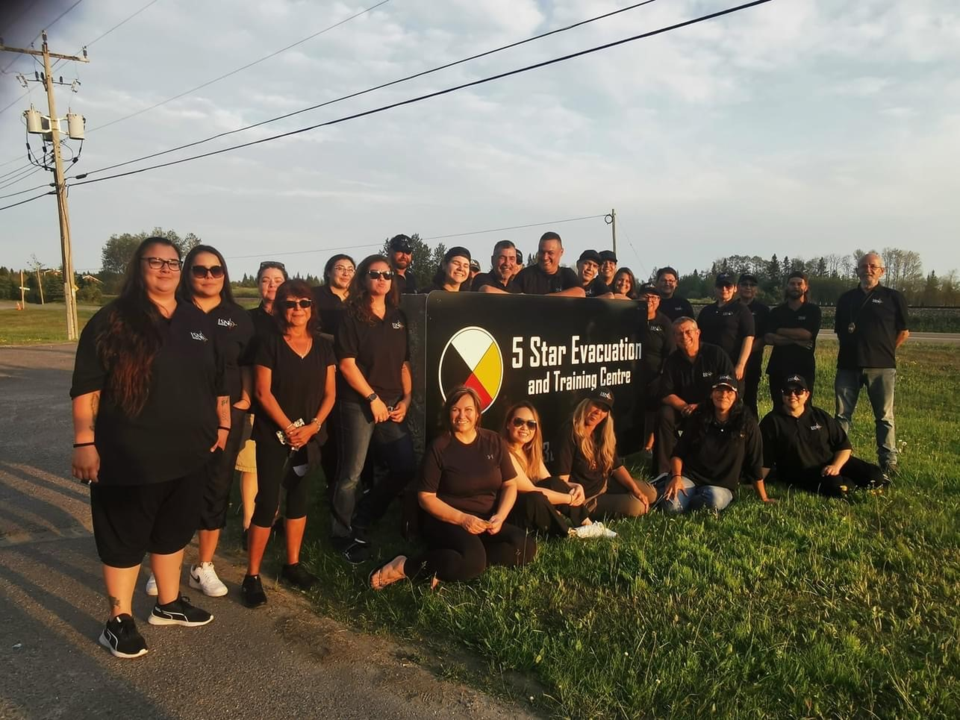A Northern Ontario First Nation community is taking the lead in its emergency response with a new partner.
Kashechewan First Nation and Missanabie Cree First Nation ISN Maskwa have agreed to collaborate and use each other’s services exclusively through the upcoming flood and fire seasons. The agreement is the first of its kind.
The agreement includes community safety personnel, security, transportation including air and bus travel, flight co-ordination, catering services, and accommodations.
“It’s not only about meeting their needs, but it’s also about creating capacity within their own community for emergency response,” said Joe Sayers, Missanabie Cree First Nation ISN Maskwa’s general manager. “So there’s commitments in training.”
These supports also extend to the work that needs to be done in the community during an evacuation.
RELATED: 'We’re not refugees, we’re evacuees': Leaders meet for inaugural summit
“When they are evacuated, we’ll have teams in the community to ensure the property is monitored, the pets that are left behind are fed,” said Sayers. “And any supports we can provide for those that opt to stay and support the Kashechewan members that decide they would rather go out on the trap lines than be evacuated.”
Kashechewan First Nation will also use the Indigenous Emergency Operations Centre rather than the provincial option during this year's flood season.
In the past, Emergency Management Ontario would coordinate support during an emergency, moving evacuees to host communities throughout the province, working with leadership from the First Nations and the federal government.
ISN Maskwa’s model puts the First Nations in the driver’s seat to deal with the emergency the way they see fit, giving them options that may be a better cultural fit for those having to evacuate. It also includes resources like security personnel who understand the culture shock some evacuees face when in larger towns and cities.
In recent years, evacuees from Kashechewan and other remote First Nations on the James Bay coast have been hosted in Timmins.
“Based on where the community wants to be supported, we have everything that they’re going to need in terms of logistics,” said Sayers. “It’s really an agreement to provide service to the community no matter where they want to be.”
Missanabie Cree First Nation ISN Maskwa owned and operated by Missanbie Cree First Nation. It provides emergency services, security and emergency preparedness training, other support services to Indigenous communities, and on-the-land accommodations for evacuees.
While Missanabie Cree First Nation expects to finish building its new hosting facilities by this summer, the site will not be ready for the spring flood season.
The facilities currently under construction are located on Missanabie Cree land north of Sault Ste. Marie, and when they are completed, they will include accommodations for up to 800 people.
Partnerships like this aim to give First Nations a say in how their communities deal with emergencies. Whether that means hosting in their own facility or working with the First Nations in other locations, Sayers said they’re prepared.
“Wherever the communities want to go, we’ll be there to support them,” said Sayers.
TimminsToday reached out to Kashechewan First Nation about the partnership but has not received a response at the time of press.



